ROBERT WILLIAMS BUCHANAN (1841 - 1901)
|
ROBERT WILLIAMS BUCHANAN (1841 - 1901) |
|
|
|
|
|
|
|
|
{North Coast and other Poems 1867}
215
HAKON of Thule, ere he died, ‘Ho, priest,’ he said, with glazéd e’e, [2:1] The young priest, with a timorous mouth, Of Mary mother and her Child, Of those who hate and those who love, |
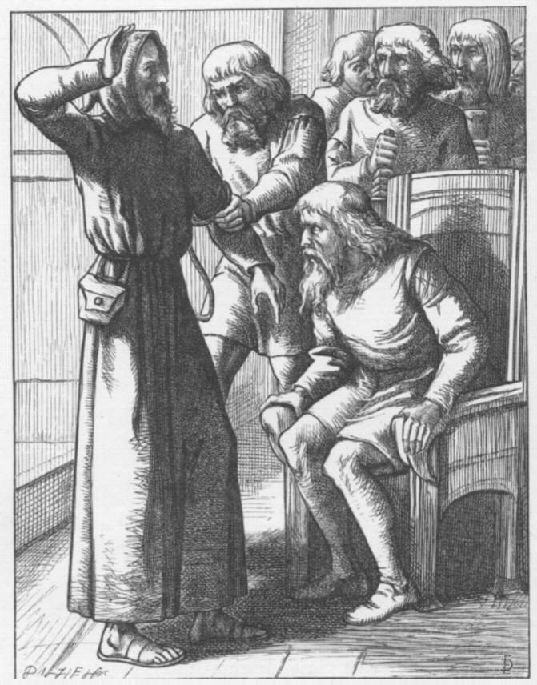 |
|
Then Hakon laughed full loud and shrill— ‘’Neath braver gods my star was born; 217 Then, calling to his henchman red, [8:1] ‘His red heart’s blood shall flow before, ‘Bring me my mighty drinking-cup! Then, though so faint his life’s blood ran,— He swore, and staggered to his legs, ‘Skaal be to the gods!’ he said—
[Notes:
218
I. IF thou art an Angel, She is very cold, In the night What art thou? She is very cold, |
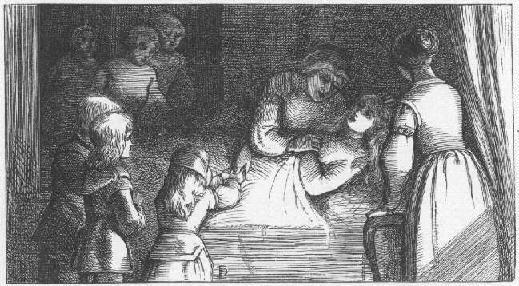 |
|
Much I marvel, O Phantasy, 222 THE VISION.
AND sitting by her side, worn out with weeping, Crying aloud, ‘The Master on His throne ‘And at His feet the filmy terror kneeleth, ‘“To thee, O Cain, I gave in the beginning ‘“Hie back into the City of the Chosen, 223 And there the dreamy angel sitteth silent, And puts his silence among men no longer. * And at the bottom of a snowy mountain Saying, ‘O Death, Death, Death, come hither, hither; ‘I curse thee that I cannot look upon him! ‘I laid my little girl upon a wood-bier, 224 ‘I put my silver mother in the darkness, ‘And green, green were their quiet sleeping-places, ‘The closing of dead eyelids is not dreadful, ‘And we can sit above them where they slumber, ‘But to stretch out empty arms is surely dreadful, |
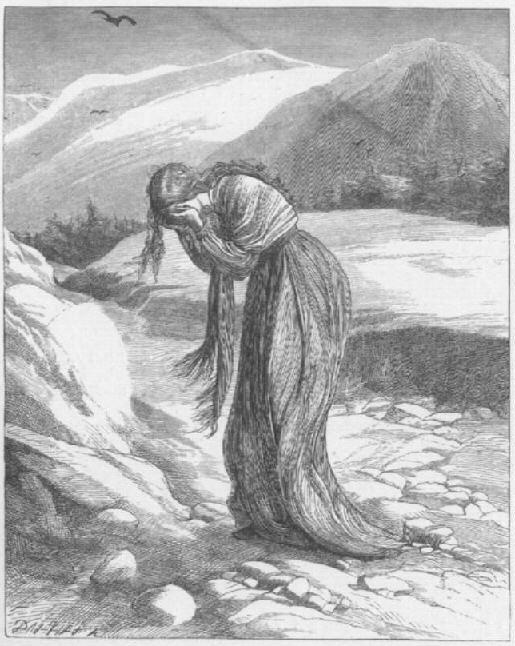 |
|
‘There is no space for grieving or for weeping; 226 * And, behold! I saw a woman in a mud-hut, And her mouth was very bitter with the ashes; And all around the voiceless hills were hoary, ‘Whither, and, oh, whither,’ said the woman, ‘For, lo! we wandered forth at early morning, ‘Looked violets at the violets, and their hair |
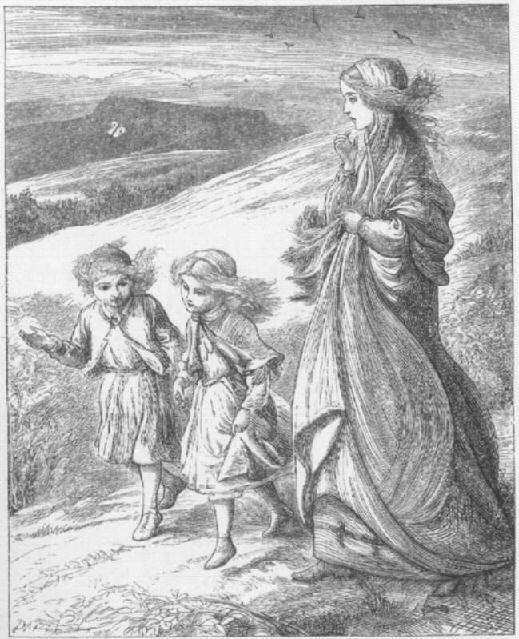 |
|
Made a sunshine in the sunshine, and their passing ‘And suddenly my little son looked upward, 228 ‘And my little son was gone. My little daughter ‘By the sign He gives the stricken that the lost one ‘And my shriek was like the splitting of an ice-reef, ‘Then I fled and sought him wildly hither—thither— ‘I sought him in the sunlight and the starlight, ‘And I forgot my little bright-haired daughter, 229 ‘And stilly, in the starlight, came I backward ‘And saw two little shoes filled up with dew, * The world was very quiet. Men in traffic And women barred their doors with bars of iron, Only the children sported very stilly, 230 I could not see a kirkyard near or far; But hearkening dumbly, ever and anon One struck a brother fiercely, and he fell, One struck his aged mother on the mouth, The bairn lay smiling up, with pink curled fingers. |
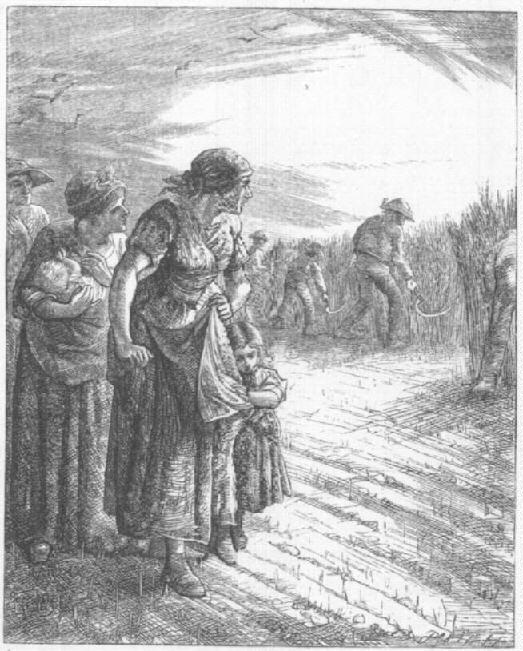 |
|
And I heard a voice from out the beauteous earth, And I heard a voice from out the dreadful ocean, 232 And I heard a voice from out the hollow ether And the world shrieked, and the summer-time was bitter, * But beasts died; yea, the cattle in the yoke, And birds died; yea, the eagle at the sun-gate, And reptiles; yea, the toad upon the road-side, 233 |
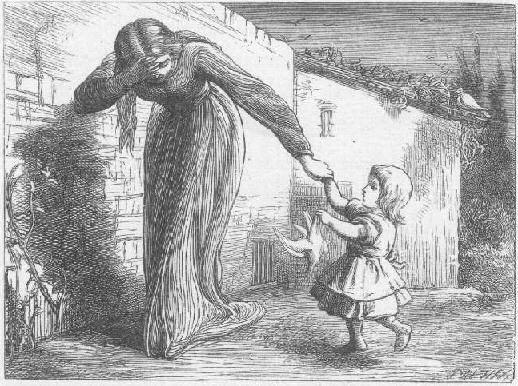 |
|
The dog in lonely places cried not over And the traveller’s horse lay swollen in the pathway, And the cat mewed in the midnight, and the blind 234 And the mother fell to sleep beside the cradle, I saw a two-years’ child, and he was playing; And the mother moaned, and clutched him, and was bitter, And uttered a sharp cry, and twittered, and twittered, * So far, so far to seek for were the limits 235 There was no little token of distraction, There was no comfort of the slow farewell, There were no kisses on familiar faces, There was no putting tokens under pillows, So slowly, that, when it doth vanish wholly, There were no churchyard paths to walk on, thinking 236 Till grief should grow a summer meditation, Nothing but wondrous parting and a blankness. * And I woke, and, lo! the burthen was uplifted, I eased my heart three days by watching near her, And I heard the kirk-bells ringing very slowly, And I cried, ‘O unseen Sender of corruption! 237 ‘I bless Thee for the change and for the comfort, ‘I bless Thee that she slumbers underneath me, 238 AS in the snowy stillness, |
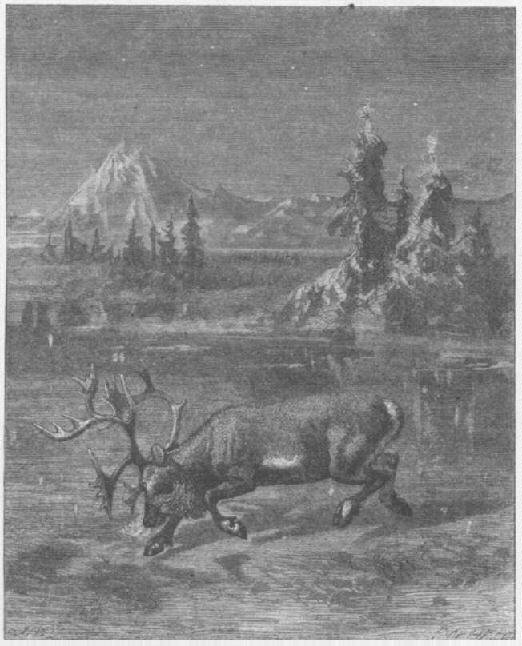 |
|
Doth thy wingéd lightning I have pried and pondered, 241 BECAUSE Thou art beautiful, As men bow to monarchs, Wert Thou a demigod, Thou art not a monarch, Enough, if Thou beest, 243 SOUL AND BODY.
MY Soul, thou art wed The touch of the smelling dead So shalt thou duly wring Be not afraid, my soul, And dry thine eyes, and hasten 245 MASTER, if there be Hell, Were I a soul in heaven, 246 HE heard a voice, ‘How should GOD pardon sin? Further he heard, ‘How shall GOD pardon lust? Further he heard, ‘How should GOD pardon blood? And GOD was on His throne; and in a dream And saw the shapes look up into His eyes, GOD dreamt this, and His dreaming was the world; 247 248 ‘SAD, and sweet, and wise, Weeping low, creeping slow, ‘I am old,’ he thought, By his side the mother came, ‘Sweet he came, and swift he flew; The Devil gripped the woman’s heart, ‘LORD GOD, One in Three! The voice cried out, ‘Rejoice! rejoice! 250 IN the time of my tribulation
[Note: |
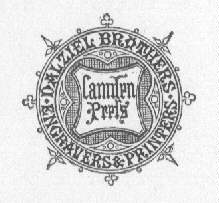 |
||||
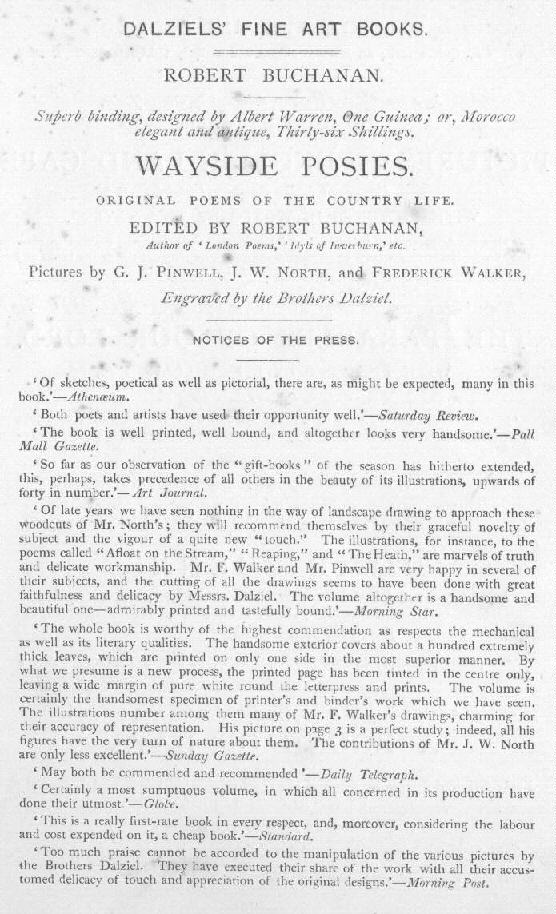 |
||||
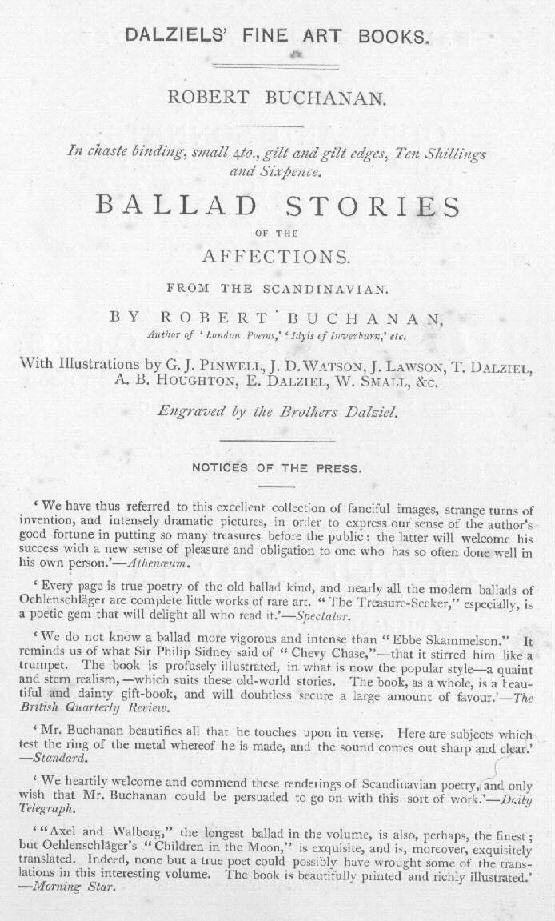 |
||||
|
or back to North Coast and other Poems - Contents
|
|
|
|
|
|
|